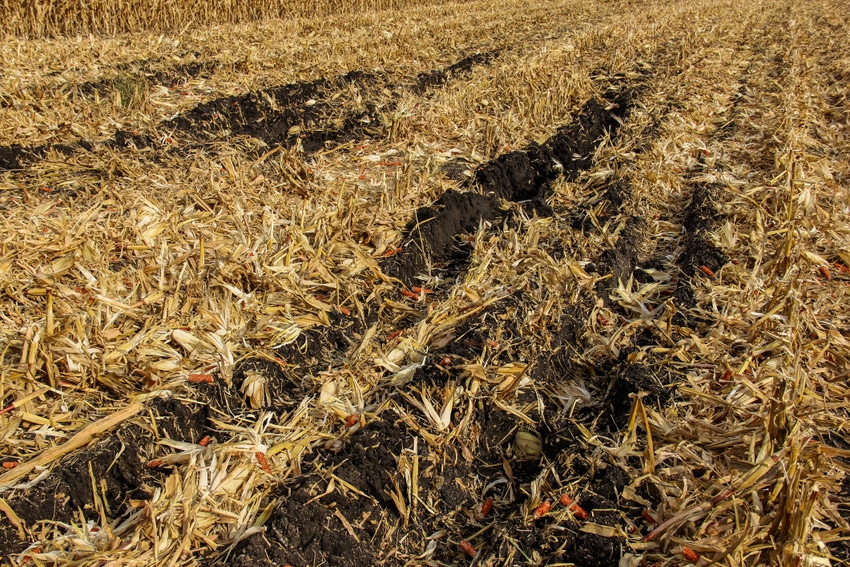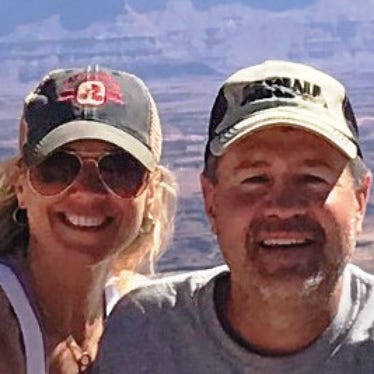
Missouri is a state blessed with lots of quality land and water, and is one of the most diverse states in the union in regard to ecosystems and soils, but we have work to do.
We have prairies, large deltas, rolling hills, swamps and vast tracts of timberland. We are a big cow-calf producer and have some of the richest row-crop land in the country.
In 1984 Missouri residents passed a sales tax of 1/10 of 1 percent. This tax was intended to help fund two initiatives in the state. Half went to fund state parks and half to help with soil erosion and water quality issues through the Soil and Water Conservation Districts. Both these agencies are the envy of other states as we have some of the best state parks around the country and a SWCD program that has helped keep Missouri in the forefront with our cost-share on the land. I personally have benefited from some of the programs to help with seeding of legumes, liming and fencing out waterways.
One of the most successful programs is for grazing systems for livestock producers. This program provides both the education and infrastructure to build an entire grazing system. On our farm, we have used a grazing system to manage our cattle for nearly 20 years and would not have had such an easy transition without this program from the state SWCD.
While many of the programs offered by SWCD help with their overall goal of protecting Missouri's soil and water resources, some don’t go far enough, and some actually hurt by helping with practices that create bigger issues. The majority of the budget approved by the board is spent on practices such as terraces, grass waterways, tiles and catchment basins which are band-aid fixes for bigger soil health issues.
For example, these programs allow land that is highly erodible to be farmed without really changing the behavior that creates the problems. A person can get cost share to build terraces, yet there is no requirement to use no-till or cover crops once the terraces are in place. The large amounts of funds spent on those large projects could be used to help with education and placement of cover crops over a large area. Then the bang for the buck on these tax dollars collected would be much higher.
Missouri has been the leader in many agricultural issues due mainly to our strong SWCD programs. We are beginning to take the lead again with programs pushing cover crops and sound soil-health principles. I challenge them to go further.
No-till and covers should be a requirement for every cost share program on crop ground. While this may not be popular, it is vital to truly reach our overall goal to protect soil and water.
Setting the bar high in Missouri on how the taxpayer’s funds are spent could help other states follow suit. It’s time we make some real progress in truly saving our soil and water for future generations. Our goals should be much bigger and far reaching.
I am very proud of my states SWCD program and the people who run it, from the top to the bottom. I feel they are working to do the right thing to protect our states resources, but it’s time to look at practices that truly work for the long term betterment of our most precious resources. I think we are up to the challenge.
About the Author(s)
You May Also Like






